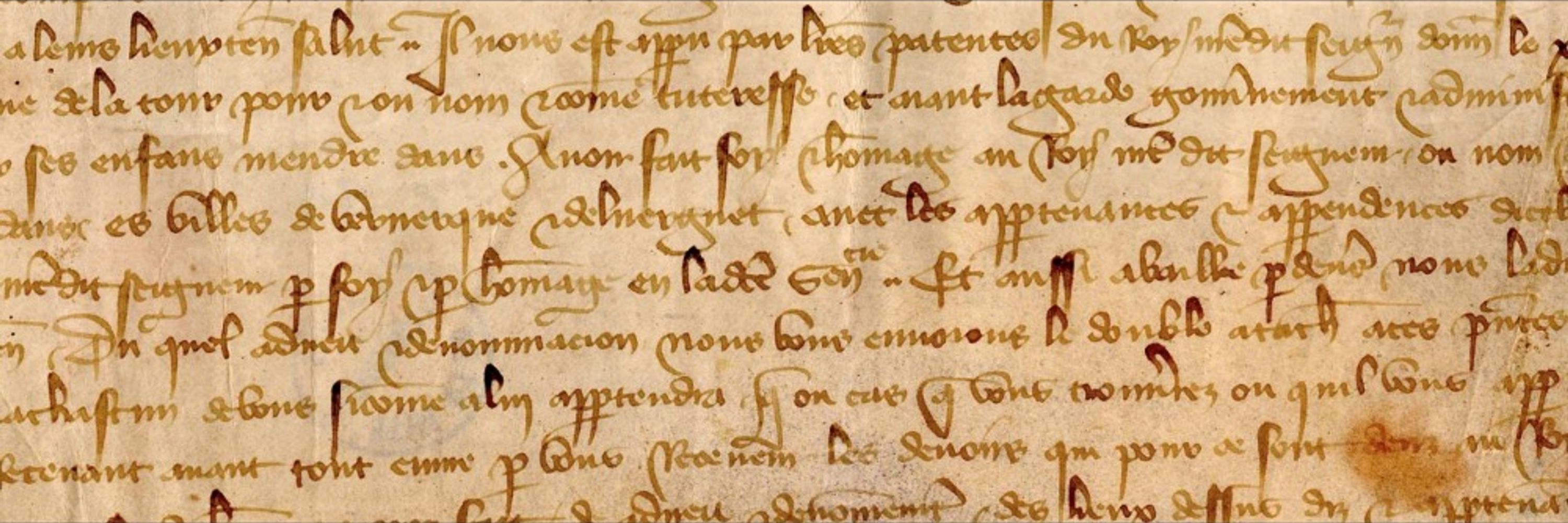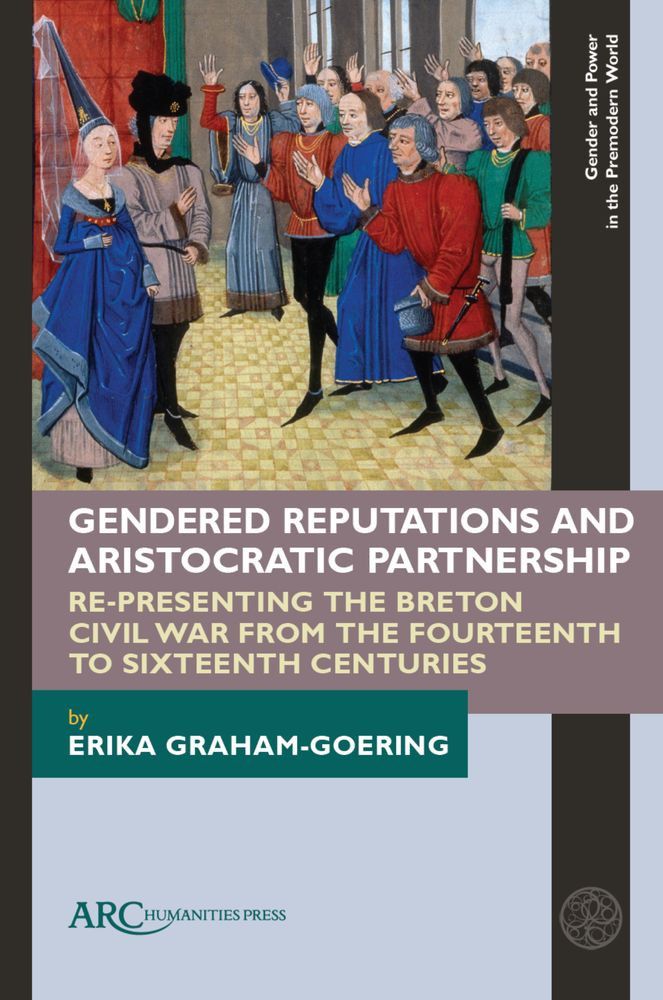Dr. Erika Graham-Goering
@jeanneologist.bsky.social
2.2K followers
430 following
1K posts
Too many Jeannes | Medieval lordship and power, French comparative history, archives | Associate prof. Universitetet i Oslo (personal account) | she/hun.
Posts
Media
Videos
Starter Packs
Pinned
Reposted by Dr. Erika Graham-Goering
Reposted by Dr. Erika Graham-Goering
Reposted by Dr. Erika Graham-Goering
Reposted by Dr. Erika Graham-Goering
Reposted by Dr. Erika Graham-Goering
Reposted by Dr. Erika Graham-Goering
Reposted by Dr. Erika Graham-Goering













![A stacked bar chart of YouGov polling data with the headline: "Older adults and those without college degrees are more likely to say humanity already knows most or all about history."
The chart's sub-headline is: "For each of the following fields of study, out of everything possible to be known, how much do you think humanity has already discovered? [History] (% of U.S. adult citizens)."
The chart has the note: "Note: "Most or all" includes responses of "most," "almost all," and "everything." "Some or nothing" includes responses of "some", "almost nothing," and "nothing.""](https://cdn.bsky.app/img/feed_thumbnail/plain/did:plc:3pbwguskoq5efzi67w3npq2z/bafkreihhdjjqui5dr2us3xe4g6aa36yikjhuyr7cbchbwdpxnjyk6urlwu@jpeg)